
Sometimes it happens when the lights go low, right?
Or when the sun hasn’t come out for days (like here in Boston!)…
or any other random time, just cuz we’re human.
I’m talkin’ bout those moments we’re alone with ourselves.
And a restless, uncomfortable feeling creeps in.
Maybe it’s just loneliness.
Or maybe doubt.
Regret.
Sadness or fear.
In those moments, what’s your go to?
call to Mom?
late night run?
Netflix binge?
Or maybe grabbing an Uber to the closest bar,
or texting “hey” to that guy you kinda like, but don’t really like (but maybe he’s good enough for just tonight?)
Maybe it’s a sleeve of Girl Scout Cookies,
or taking on extra projects at work,
or checking email constantly,
and FB,
and Insta,
and SnapChat.
In other words, when you’d really rather not deal or feel something (whether it be sadness, loneliness, fear, etc.)… what makes it all (temporarily) better?
Hint: If you have no clue, it’s probably whatever you feel like you can’t live without.
I’ll tell ya, my “go to” for as long as I can remember was relationships.
As long as I was in one, I felt safe.
Romantic relationships were my shelter from the inevitable storms of human life.
Now, nothin’ wrong with love and romance (just like nothin’ wrong with Netflix, callin’ Mom, or a late night run), but in recent years I realized a couple things: 1) I was using my “go to” for more than it was meant to provide, as a cover up for anything and everything I wanted to avoid and 2) Sheltering myself from pain wasn’t making me better, or stronger, but actually weaker by the day. It was like the more I looked outside myself for comfort, the less comfortable my life became…
Can you relate?
This is one of those emotional/spiritual “growing pains” of adult life. When we realize there actually is no shelter. That we can’t “hide out” anymore. Not if we want to become who we’re meant to be. When we realize that in the making of a life, our pain is as critical an ingredient as love or joy.
In Glennon Doyle Melton’s best selling memoir Love Warrior, she writes, “I could go on hitting easy buttons until I die and feel no pain, but the cost of that decision could be that I’ll never learn, love, or be truly alive.”
Turkish poet Rumi, expresses a similar sentiment when he says:
Don’t turn your head.
Keep looking at the bandaged place.
That’s where the light enters you.
Growing into who we’re meant to be requires us to, over and over again, look at our “bandaged places,” to get curious about our weaknesses, vulnerabilities, doubts, fears.
So, whatya think – are you willing to go there? Willing to dig a bit deeper next time you feel like hitting the “easy button,” as Glennon called it?
When you’re ready, I’ve got a 3-step suggestion to get you started. Read the steps now so you’ll be ready to use them.
1. Next time you’re feeling restless, on edge or anxious, and you, once again, make your automatic move to your “go to,” your “easy button” (a drink, social media, Netflix, a phone call, a text), just stop. STOP. Grab a notebook and pen and go somewhere that feels safe/comforting (i.e. your bed, your yoga mat).
2. Remind yourself that you’re trying something new. And give yourself the freedom, after five whole minutes, to return to your “go to”/ “easy button.” But for five minutes, commit to being in the silence, alone with yourself.
3. Open your notebook. Write two thoughts, two emotions and two physical sensations you’re experiencing at that moment.
After following these few steps, feel free to return to whatever else makes you feel good. But continue this short, intentional practice in times of distress.
Maybe a space will start to open between your distress and your automatic reflex to squash it. Maybe in that space there will be thoughts or feelings. Some comfortable, some not so much. Maybe in that space there will be memories, insights, hopes or dreams.
Maybe, as Rumi offers, there will be light.



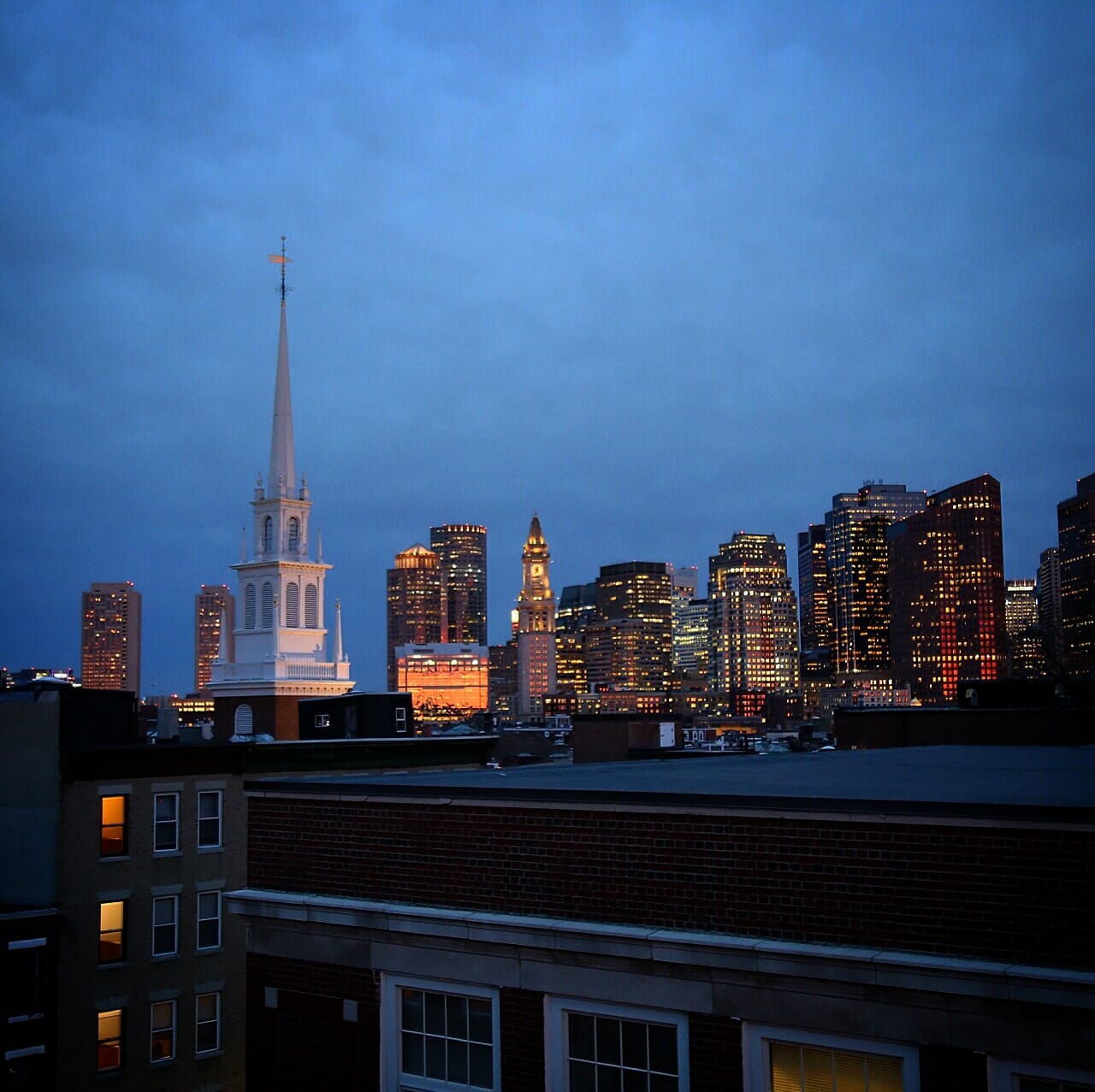
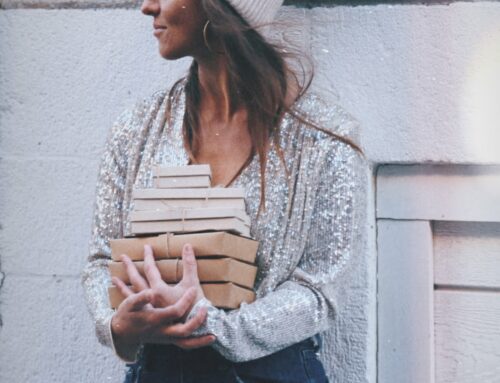
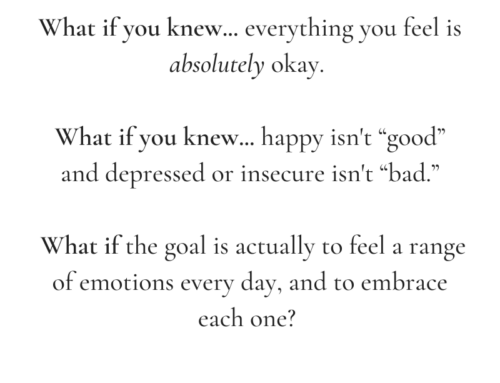
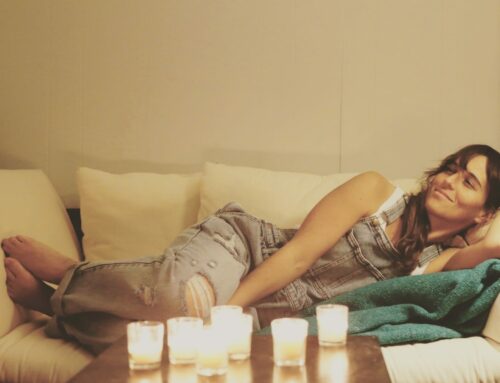
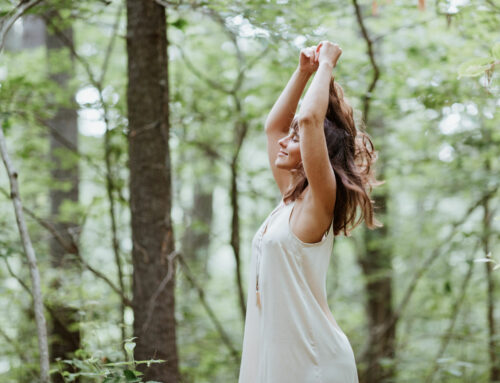
Leave A Comment